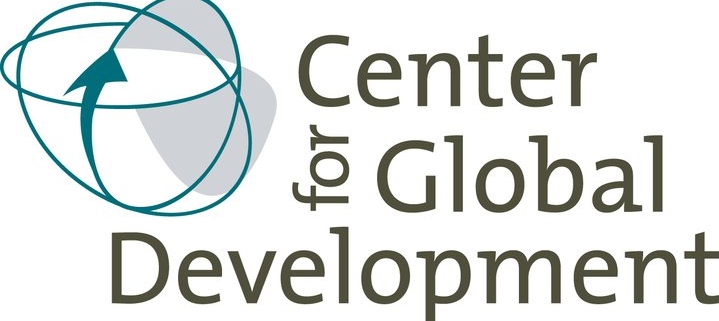The Economics of Population Policy for Carbon Emissions Reduction in Developing Countries
Female education and family planning are both critical for sustainable development, and merit expanded support without any appeal to global climate considerations. Since both activities affect fertility, population growth, and carbon emissions, they may also provide sufficient climate-related benefits to warrant additional financing from resources devoted to carbon emissions abatement. This paper considers the economic case for such support. We find that the population policy options are less costly than almost all of the options Nauclér and Enkvist (2009) provide for low-carbon energy development. They are also cost-competitive with forest conservation and other improved forestry and agricultural practices. We conclude that female education and family planning should be viewed as viable potential candidates for financial support from global climate funds. The case for female education is also strengthened by its documented contribution to resilience in the face of the climate change that has already become inevitable.
Year: 2010
Source: Center for Global Development




